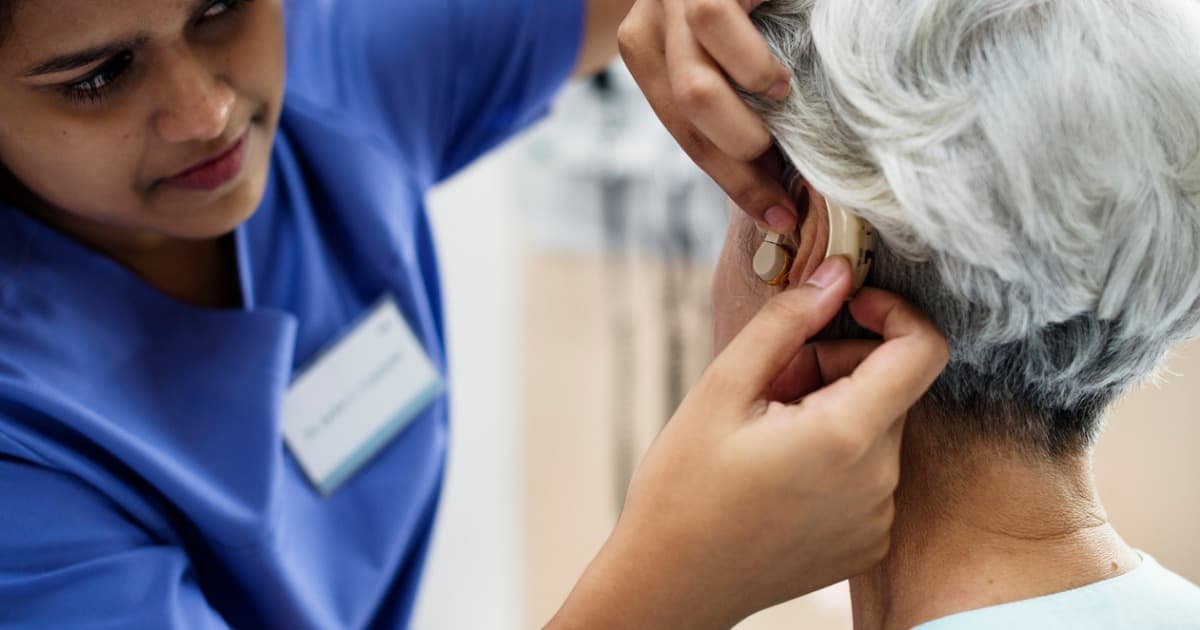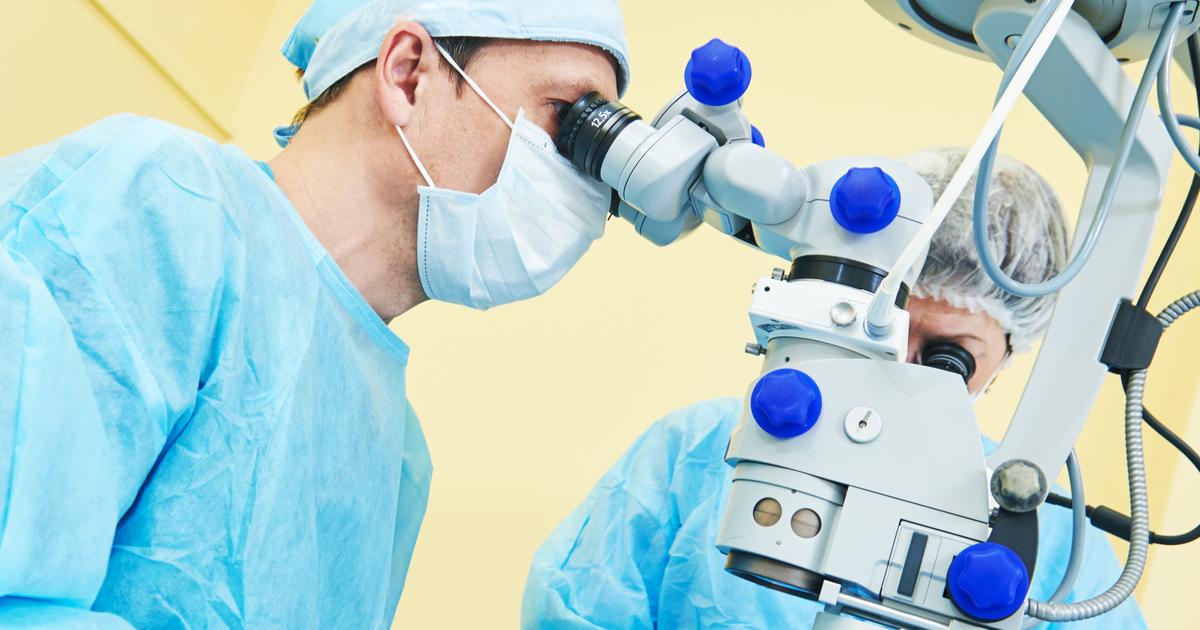Treatment Options For Cockayne Syndrome
Cataract Removal Surgery
Cataracts in the lens of an individual's eye can cause their vision to become cloudy to the point where they have difficulty with their vision in everyday tasks. Cataracts are most common in individuals of advanced age, as it takes many years for them to develop. However, Cockayne syndrome patients have mutations in their cellular DNA that causes their body to be unable to repair tissue damage and to age prematurely. These mechanisms are what causes the development of cataracts in younger individuals who have Cockayne syndrome. During cataract surgery, the old clouded up lens is broken up with an ultrasound probe. The fragments of the old lens are suctioned up while the lens capsule remains in place. The new artificial lens is then placed in the eye, and the incision is closed. This type of surgery helps a Cockayne syndrome patient keep their visual function.
Keep reading to reveal more ways to treat Cockayne syndrome now.
Other Minor Surgeries To Affected Organs

Individuals who have Cockayne syndrome may need to undergo other minor surgeries to affected organs to improve their quality of life. Patients can develop problems with their hearing as a result of the premature aging that occurs in their disorder. Minor surgery can be used to help treat this manifestation of Cockayne syndrome, including the placement of a cochlear implant and other types of hearing aids. A Cockayne syndrome patient may present with difficulties gaining and maintaining their body weight. Dehydration, fat loss, and intestinal dysmotility are all factors that contribute to the digestive problems and weight loss in individuals with Cockayne syndrome. It is thought the neurodegenerative effects of Cockayne syndrome are implicated in an individual's gastrointestinal manifestations. To help provide a patient with proper nutrition and promote healthy growth, a surgical procedure to install a feeding gastrostomy tube may be utilized. Dental procedures may be needed, as individuals who have Cockayne syndrome tend to develop dental problems.
Discover additional treatments for Cockayne syndrome now.
